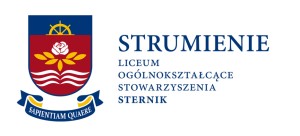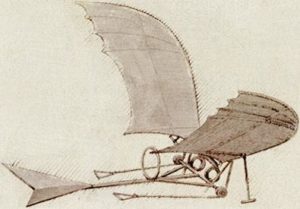 Jan Zamoyski lived during the times of change and a time when ancient ideas were basics. In that time the future Commander starts his road to getting knowledge and experience. As a 13-year-old he was sent by his father to the French court to learn languages and manners. Bun Jan preferred to listen lectures that have taken place in The King’s College and in the Sorbonne.
Jan Zamoyski lived during the times of change and a time when ancient ideas were basics. In that time the future Commander starts his road to getting knowledge and experience. As a 13-year-old he was sent by his father to the French court to learn languages and manners. Bun Jan preferred to listen lectures that have taken place in The King’s College and in the Sorbonne.
He was interested as well in arts, popular at that time but also maths As 17 year-old he undertook to studies, at first in Strasbourg where he learns rhetoric’s and then he moves to Italy to Padua University.
After finishing his studies, he was ready to start his career. He possessed adequate knowledge Now the words that Zamoyski used to describe the experience that he gained in Padua “Patavium virum me fecit” mean that thanks to education gained in Padua he has truly become a man of his period- the Renaissance’s erudite and classical scalar, the connoisseur of the law, arts, ancient philosophy, a great speaker and polyglot.
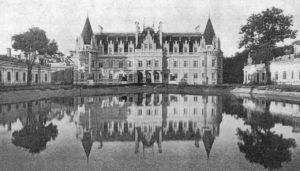 When he came back to the Poland after his studies, he was 23 and he started his career, firstly at Zygmunt August’s castle as the king’s secretary. He worked on cleaning and organising the king’s files. Because of that he became acquainted with many of important documents. Knowing those papers made that Zamoyski become a father figure in polish law.
When he came back to the Poland after his studies, he was 23 and he started his career, firstly at Zygmunt August’s castle as the king’s secretary. He worked on cleaning and organising the king’s files. Because of that he became acquainted with many of important documents. Knowing those papers made that Zamoyski become a father figure in polish law.
Another Zamoyski’s feature as a Renaissance’s humanist is knowledge of oratory. He had shown it to the world after death of King Zygmunt August. He used his rhetorical talents and he worked hard to keep peace and harmony in the country. In 1576 Stefan Batory became a new king and he could have seen Zamoyski’s talents, enthusiasm end erudition. Zamoyski was nominated as a personal king’s adviser and after time the Great Commander. Then he became the most important person in the country just next to the king.
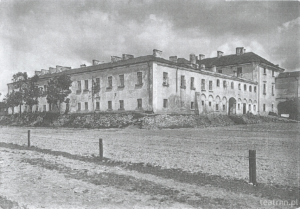 Now for the Greatest Commander come a moment to convey the knowledge and experiendce that he had got for all these years for the younger generation. That is a reason why he had established in 1594 the Zamoyski Academy.
Now for the Greatest Commander come a moment to convey the knowledge and experiendce that he had got for all these years for the younger generation. That is a reason why he had established in 1594 the Zamoyski Academy.
Because of that the main task of that school was to prepare people for the civil cursus honorum, the public life and to exercise the senator’s duty. In the Zamoyski academy’s the program is based on the experience gained mostly in Padua- on the learning many branches: classical languages, reading antique authors in the original, mostly the Cicero and Aristoteles
and their works about the law, moral philosophy, history. There have been of course branches that evolve versatility., such as maths, geography’s, astronomy’s, medicines.
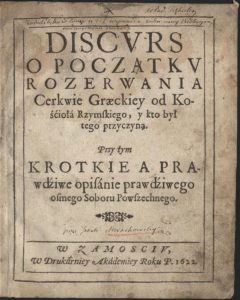 In the Academy there have been teaching qualified teachers, for example lawyer Jan Herburt or philologist Adam Burski. We can say, that Academy and their workers have been under Zamoyski’s patronage. He has assisted the development of young and talented creators and artists who after finishing their studies could have convey their privity and abelites to younger generation by teaching in the Academy.
In the Academy there have been teaching qualified teachers, for example lawyer Jan Herburt or philologist Adam Burski. We can say, that Academy and their workers have been under Zamoyski’s patronage. He has assisted the development of young and talented creators and artists who after finishing their studies could have convey their privity and abelites to younger generation by teaching in the Academy.
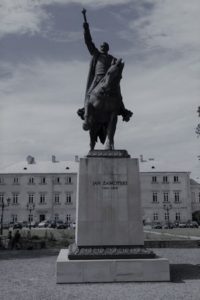 The answer to the question was Zamoyski a Renaissance man can be his own words that he had said on the occasion of the opening of the Academy: “I, the Chancellor and the supreme commander of the Polish army, received the most prominent dignities in the state, not only thanks to God, the King of the Polish Republic, but also to the teachings I once acquired. Without science, there can be neither virtue nor fame. Mindful of this truth, in my youth I devoted myself to those teachings”
The answer to the question was Zamoyski a Renaissance man can be his own words that he had said on the occasion of the opening of the Academy: “I, the Chancellor and the supreme commander of the Polish army, received the most prominent dignities in the state, not only thanks to God, the King of the Polish Republic, but also to the teachings I once acquired. Without science, there can be neither virtue nor fame. Mindful of this truth, in my youth I devoted myself to those teachings”
We can say that in those words we hear “laudatio litteratum” – the praise for the studies of the great Marcus Tullius Cicero – the spiritual master and the teacher of Zamoyski. “… Studies are the food of youth, the delight of old age; the ornament of prosperity, the refuge and comfort of adversity; a delight at home, and no hindrance abroad; they are companions by night, and in travel, and in the country.”
